
Noravank Monastery: A Hidden Gem in the Armenian Highlands
Nestled in the stunning red rock canyons of Armenia’s Vayots Dzor Province, Noravank Monastery is a breathtaking site that combines natural beauty with historical significance. Founded in the 13th century, this architectural masterpiece was once a major religious and cultural center. The monastery is renowned for its intricate stone carvings and its unique two-story Surb Astvatsatsin Church, a testament to the skill of medieval Armenian architects. As you approach Noravank, the view is nothing short of spectacular. The winding road offers panoramic vistas of the surrounding mountains, making the journey to the monastery an experience in itself. The reddish hues of the cliffs provide a dramatic backdrop, especially during sunrise and sunset, when the landscape seems to glow. The serene atmosphere and the stunning scenery make Noravank a perfect spot for photography and quiet contemplation. Inside the monastery complex, you’ll find several chapels and khachkars (cross-stones), each with its own unique design and history. The site also offers a small museum where visitors can learn more about the monastery's past and its role in Armenian culture. Whether you’re a history buff, a nature lover, or simply looking for a peaceful retreat, Noravank Monastery offers a rich and rewarding experience.
Local tips in Noravank Monastery
- Visit early in the morning or late in the afternoon to avoid crowds and capture the best light for photography.
- Wear comfortable shoes as the terrain around the monastery can be uneven and rocky.
- Bring water and snacks, as there are limited facilities nearby.
- Consider hiring a local guide to enrich your visit with historical insights and stories.
- Check the weather forecast before your trip, as the road to Noravank can be challenging in bad weather.
Noravank Monastery: A Hidden Gem in the Armenian Highlands
Nestled in the stunning red rock canyons of Armenia’s Vayots Dzor Province, Noravank Monastery is a breathtaking site that combines natural beauty with historical significance. Founded in the 13th century, this architectural masterpiece was once a major religious and cultural center. The monastery is renowned for its intricate stone carvings and its unique two-story Surb Astvatsatsin Church, a testament to the skill of medieval Armenian architects. As you approach Noravank, the view is nothing short of spectacular. The winding road offers panoramic vistas of the surrounding mountains, making the journey to the monastery an experience in itself. The reddish hues of the cliffs provide a dramatic backdrop, especially during sunrise and sunset, when the landscape seems to glow. The serene atmosphere and the stunning scenery make Noravank a perfect spot for photography and quiet contemplation. Inside the monastery complex, you’ll find several chapels and khachkars (cross-stones), each with its own unique design and history. The site also offers a small museum where visitors can learn more about the monastery's past and its role in Armenian culture. Whether you’re a history buff, a nature lover, or simply looking for a peaceful retreat, Noravank Monastery offers a rich and rewarding experience.
When is the best time to go to Noravank Monastery?
Iconic landmarks you can’t miss
Khor Virap Monastery
Discover Armenia's spiritual heart at Khor Virap Monastery, with iconic views of Mount Ararat and a rich history of faith.
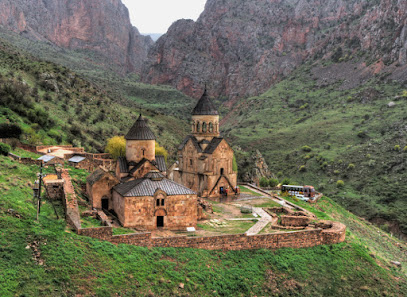
Noravank
Discover Noravank Monastery: A medieval Armenian treasure nestled amidst stunning red cliffs and rich history.
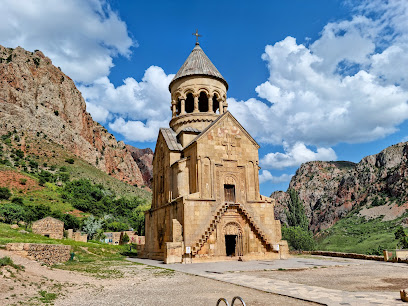
Hovhannavank
Experience the spiritual serenity and breathtaking views at Hovhannavank Monastery, a historic site in the picturesque hills of Armenia.
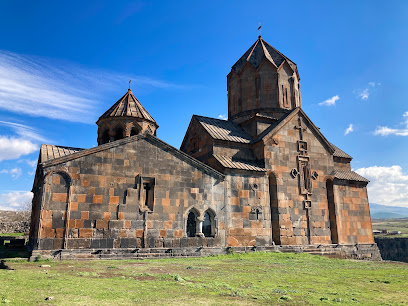
Vorotnavank church
Explore Vorotnavank Monastery, a medieval Armenian treasure with stunning architecture and serene views of the Vorotan Gorge in Syunik Province.
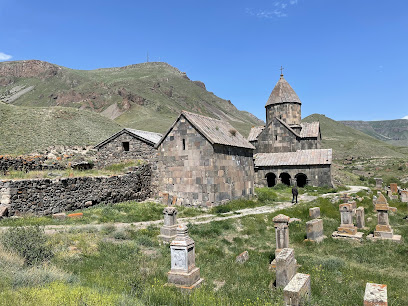
Hnevank
Discover the tranquil charm of Hnevank Monastery in Kurtan, an ancient site blending history with breathtaking natural landscapes.
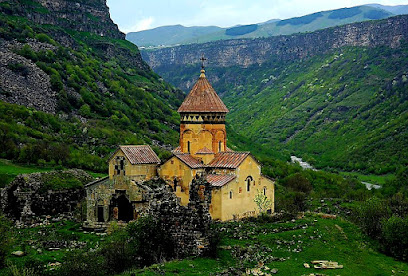
Nor Varagavank
Discover Nor Varagavank: A 13th-century Armenian monastery with stunning architecture, rich history, and breathtaking views in the Tavush Province.
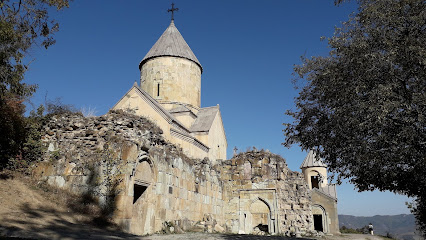
Makravank
Discover the historic Makravank Monastery, a serene sanctuary in Hrazdan, showcasing stunning Armenian architecture and breathtaking mountain views.
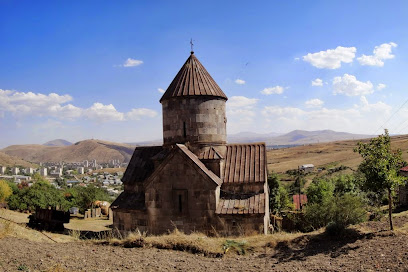
Mayravank (Armenian Monastery)
Discover Mayravank Monastery, a serene medieval Armenian site near Solak, showcasing stunning architecture and tranquil natural beauty.
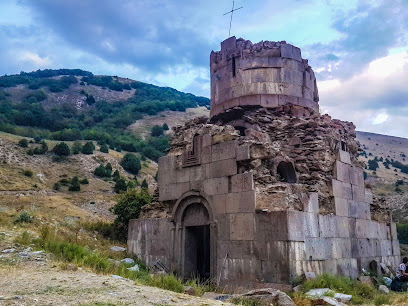
Vanevank
Experience the tranquility and historical richness of Vanevank Monastery in Artzvanist, Armenia's serene spiritual retreat and architectural marvel.
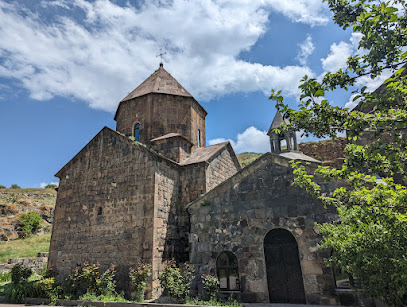
St. Astvatzatzin
Explore the breathtaking St. Astvatzatzin Church, a medieval architectural gem set in Armenia's stunning landscape, rich in history and spirituality.
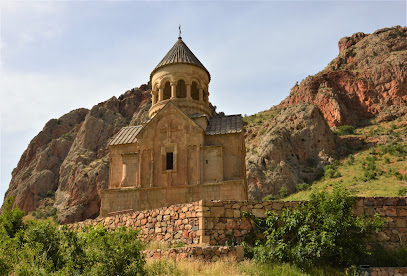
Hogevank
Discover the tranquility and rich history of Hogevank Monastery in Sarnaghbyur, a serene retreat surrounded by breathtaking landscapes.
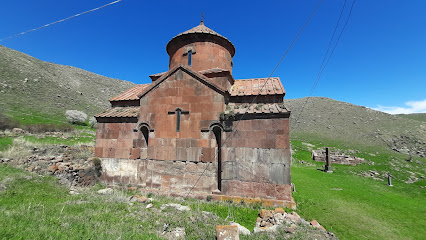
Jrovank
Discover the tranquility of Jrovank Chapel in Arpi, a testament to Armenia's rich religious and architectural heritage.
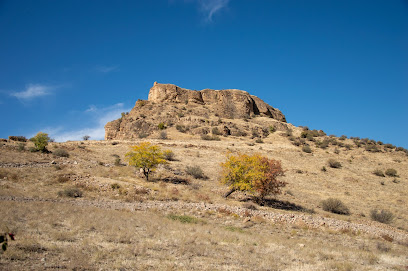
Bgheno-Noravank
Discover Bgheno-Noravank Monastery: An ancient Armenian sanctuary with stunning architecture and serene landscapes, nestled in the heart of Syunik Province.
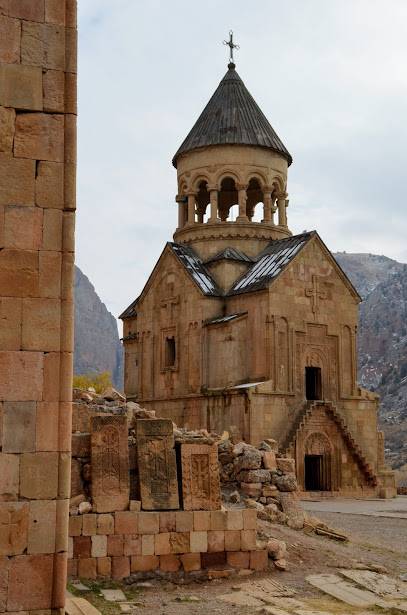
Noravank Parking
Convenient parking for exploring the historic Noravank Monastery, nestled in Armenia's stunning red rock landscape.
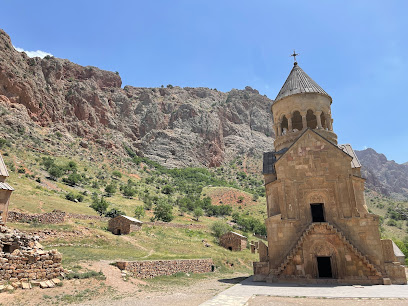
Noravank's Hotel
Experience serenity and adventure at Noravank's Hotel, your perfect getaway near Armenia's breathtaking Noravank Monastery.
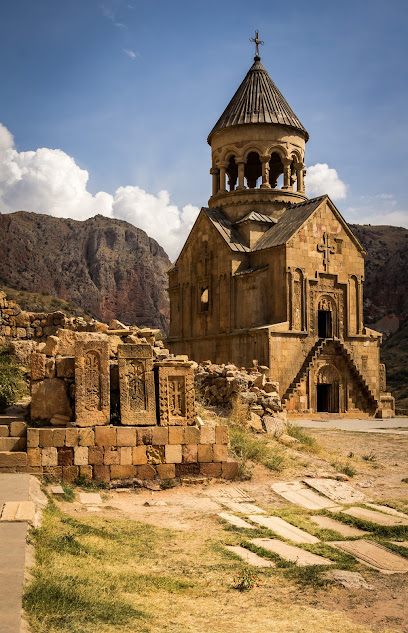
Unmissable attractions to see
Smbataberd
Explore Smbataberd Fortress: A historic Armenian stronghold with stunning views, medieval architecture, and captivating legends in Vayots Dzor.
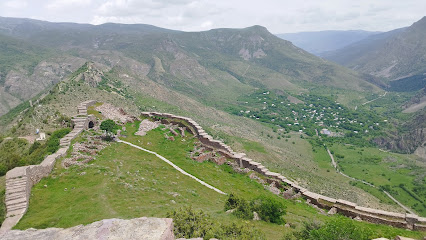
Gndevank
Discover Gndevank Monastery, a hidden gem in Armenia's Vayots Dzor, showcasing medieval architecture, serene landscapes, and rich history.
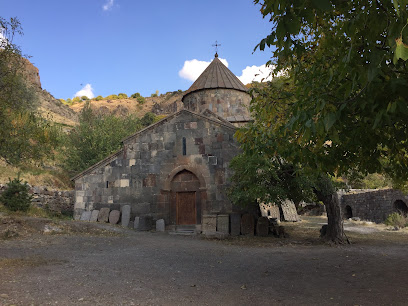
Paruyr Sevak House-Museum
Explore the life and legacy of Armenia's celebrated poet, Paruyr Sevak, at his house-museum in the serene village of Zangakatun.
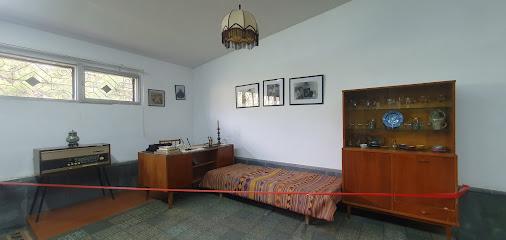
Gndevank Canyon
Discover Armenia's hidden gem: Gndevank Canyon, where ancient history meets breathtaking natural beauty in the heart of Vayots Dzor.
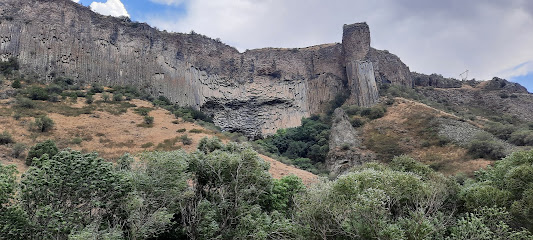
fresh water spring
Discover tranquility at Nshkhark's fresh water spring: a serene escape into Armenia's natural beauty, perfect for relaxation and rejuvenation.
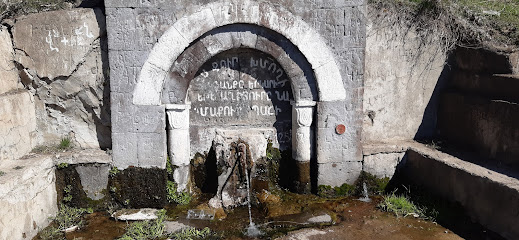
Լեռնահովիտ
Discover Lernahovit: A serene Armenian village with stunning landscapes, rich history, and warm hospitality in the Lori Province.
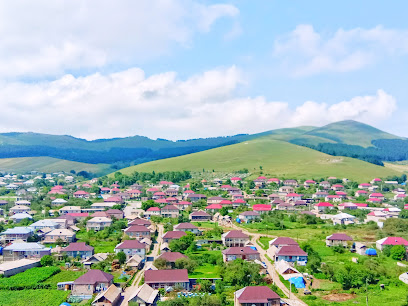
Herher Waterfall
Discover the serene beauty of Herher Waterfall in Karmrashen, a tranquil escape surrounded by nature, perfect for relaxation and exploration.

Аллея Хачкаров
Discover Armenia's spiritual heritage at the Alley of Khachkars in Areni, a serene memorial showcasing intricately carved cross-stones.
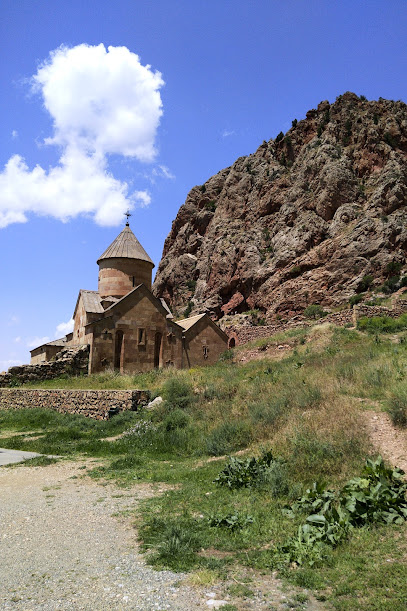
ARPI GARDEN
Discover Arpi Garden: Hike through Armenia's stunning landscapes, explore diverse flora and fauna, and immerse yourself in serene natural beauty.
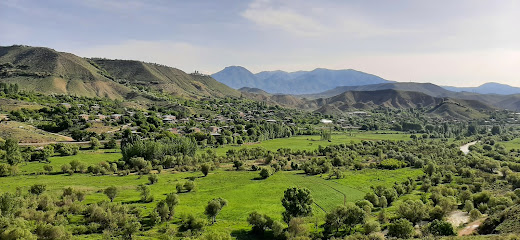
Մխեյ Ձոր Mxey Dzor
Discover Mxey Dzor in Lernahovit: Breathtaking Armenian landscapes, cultural immersion, and a tranquil escape for nature lovers and adventurers.
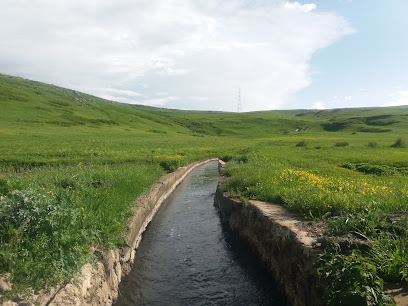
Գնիշիկի կիրճ
Explore Armenia's hidden gem: Gnishik Canyon, a haven of red cliffs, diverse wildlife, and breathtaking hiking trails.
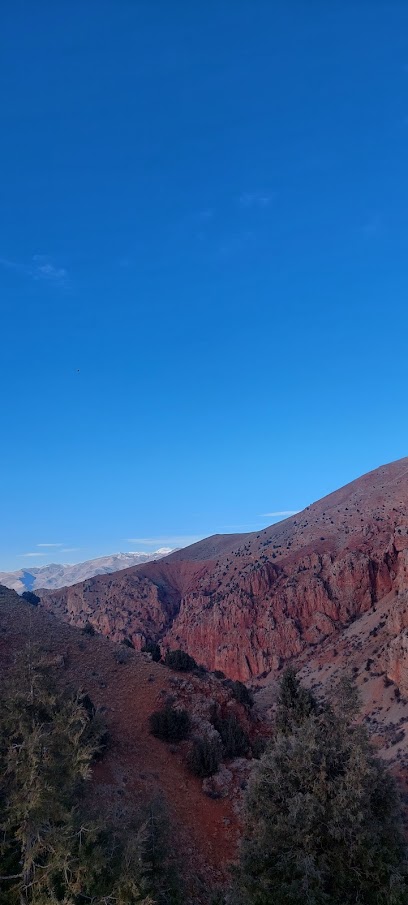
Essential places to dine
Lavash Restaurant
Experience authentic Armenian cuisine at Lavash Restaurant in Yerevan - where tradition meets taste in every dish.

Tavern Yerevan
Experience authentic Armenian cuisine at Tavern Yerevan; where every dish tells a story of tradition and flavor in a warm atmosphere.
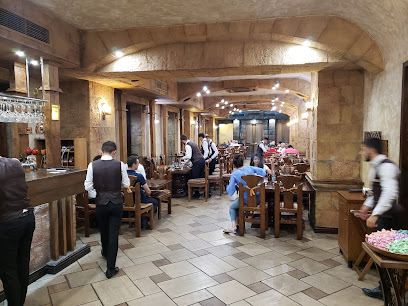
Tavern Yerevan (Teryan) Պանդոկ Երևան (Տերյան)
Experience authentic Armenian flavors in the heart of Yerevan at Tavern Yerevan – where tradition meets taste.
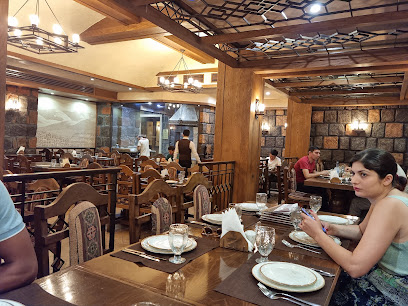
Tumanyan Khinkali
Experience authentic Armenian flavors at Tumanyan Khinkali, where every dish offers a taste of tradition in Yerevan.

EL Garden
Experience the vibrant flavors of Armenia at EL Garden - where tradition meets modern cuisine in Yerevan's culinary scene.
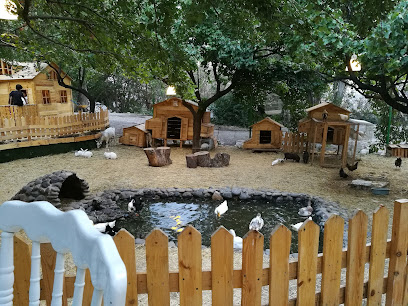
Gata Tavern
Discover authentic Armenian flavors at Gata Tavern in Yerevan—where tradition meets taste in a cozy atmosphere.
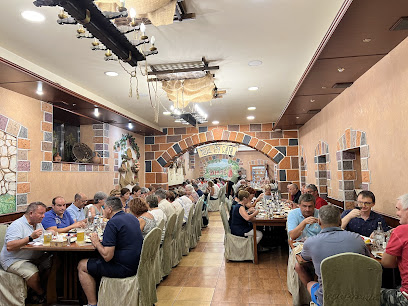
Vostan
Discover authentic Armenian cuisine at Vostan in Yerevan - where tradition meets modernity in every dish.
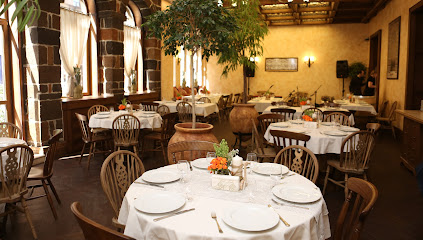
Ktoor
Experience the essence of Armenian cuisine at Ktoor - where tradition meets contemporary dining in Yerevan.
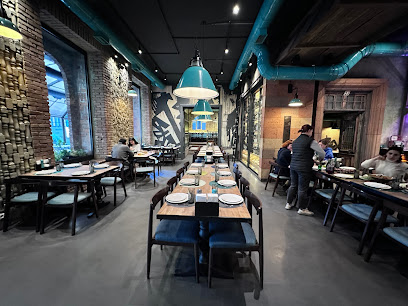
Yasaman Yerevan's Restaurant
Discover the essence of Armenian flavors at Yasaman Yerevan's Restaurant – where tradition meets taste in every dish.
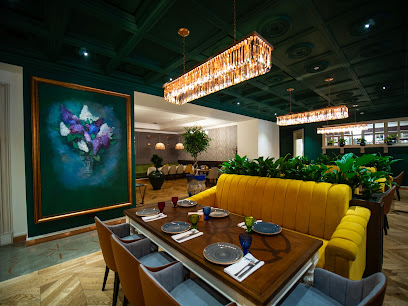
Lchak Restaurant Complex
Discover authentic Armenian flavors at Lchak Restaurant Complex, where exquisite cuisine meets breathtaking views in Yeghegnadzor.
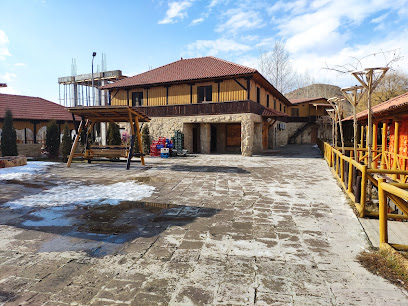
Cascade Royal
Discover Cascade Royal: A premier restaurant in Yerevan offering exquisite Armenian cuisine with modern flair and exceptional event planning services.
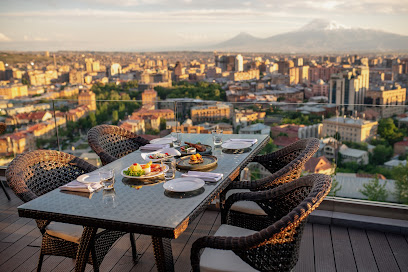
Ginetun Restaurant
Discover authentic Armenian flavors at Ginetun Restaurant in Yerevan - an unforgettable culinary experience awaits!
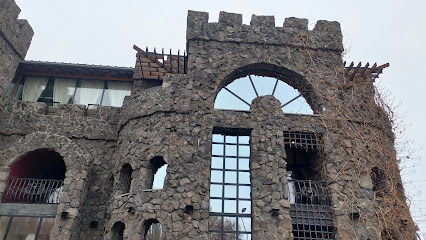
Ankyun
Experience the essence of Italy in Yerevan at Ankyun—where every dish tells a story of tradition and flavor.
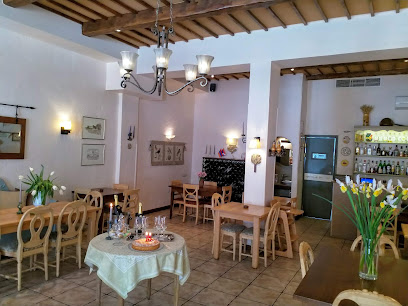
Anoush Restaurant
Discover authentic Armenian flavors at Anoush Restaurant in Yerevan – where tradition meets culinary excellence.
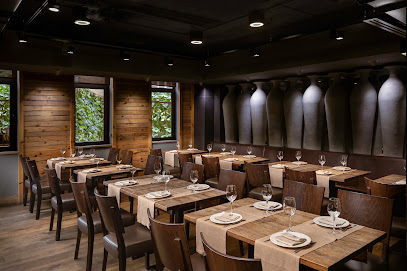
Full Tray Areni
Experience authentic Armenian cuisine at Full Tray Areni, where family-friendly dining meets local flavors in a cozy atmosphere.
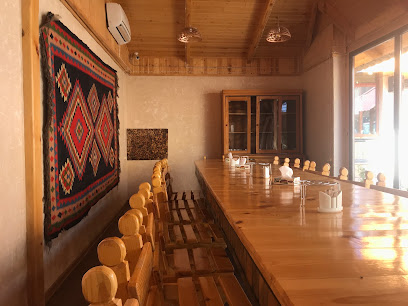
Markets, malls and hidden boutiques
Noravank
Discover the breathtaking beauty and rich history of Noravank, Armenia's stunning medieval monastery nestled amidst majestic red cliffs.
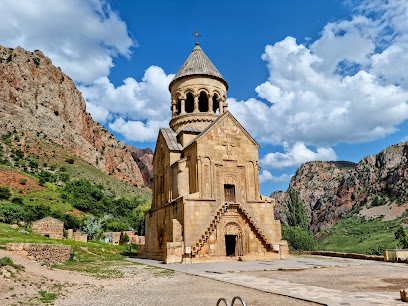
Օժիտ խանութ սրահ Եղեգնաձորում
Shop unique local fashion at Ozhit Clothing Store in Yeghegnadzor, where every piece tells a story of Armenian culture and style.
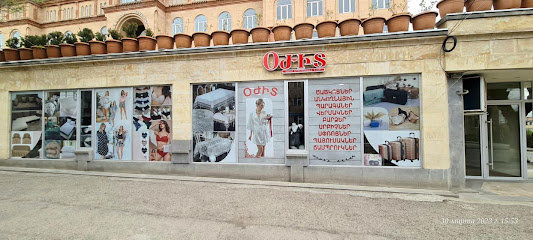
RIGHT MARKET
Explore RIGHT MARKET in Yeghegnadzor for a unique selection of local and international grocery items that embody the flavors of Armenia.
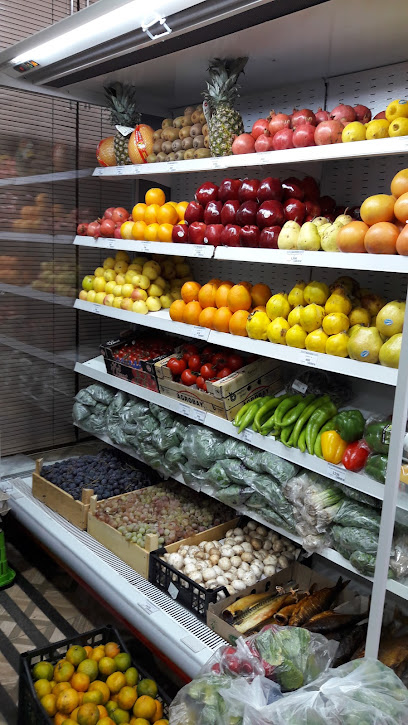
VaNoNa Market
Discover unique local crafts, delicious food, and a vibrant shopping atmosphere at VaNoNa Market in Yeghegnadzor.
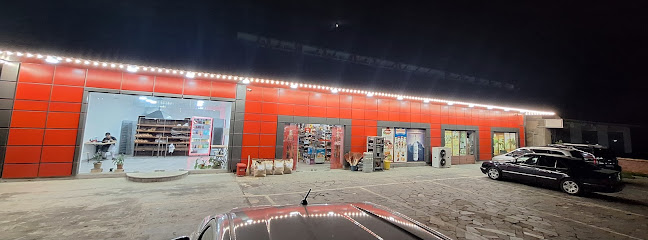
Noric Nor Minimarket
Explore the flavors of Armenia at Noric Nor Minimarket, Yeghegnadzor's go-to spot for local groceries and culinary delights.

Ռայս Մարկետ RISE MARKET
Explore local flavors and essentials at RISE MARKET, Areni's go-to supermarket for tourists and locals alike.
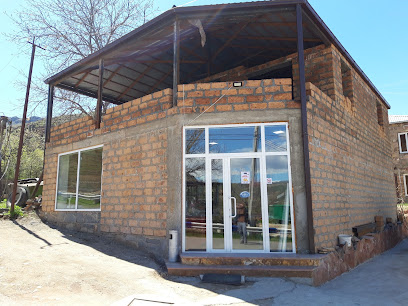
ARDO Market
Explore ARDO Market in Aghavnadzor for a delightful experience of European groceries, local flavors, and a taste of Armenian culture.

Bee Art Exclusive
Discover exquisite handcrafted jewelry at Bee Art Exclusive, where Armenian artistry meets modern elegance in the heart of Rind.
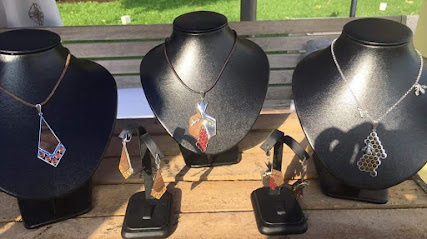
Prestige
Experience the vibrant shopping culture of Yeghegnadzor at Prestige, where local charm meets modern retail in a delightful atmosphere.

YEVA FASHION
Explore stylish clothing at Yeva Fashion in Yeghegnadzor, where local trends meet contemporary designs for a unique shopping experience.
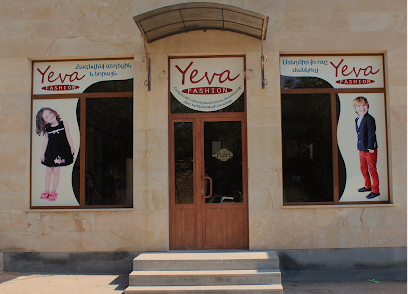
Aharoni mot(wine,vodka market)
Discover the exquisite flavors of Armenia at Aharoni Mot, a charming wine and vodka market in Areni, rich in local tradition and taste.
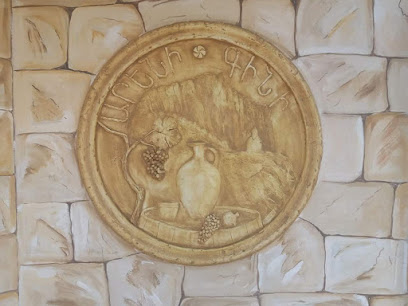
Restaurant & Shop / رستوران و مغازه
Discover a cozy coffee haven in Arpi, where exquisite brews and charming ambiance await your visit.
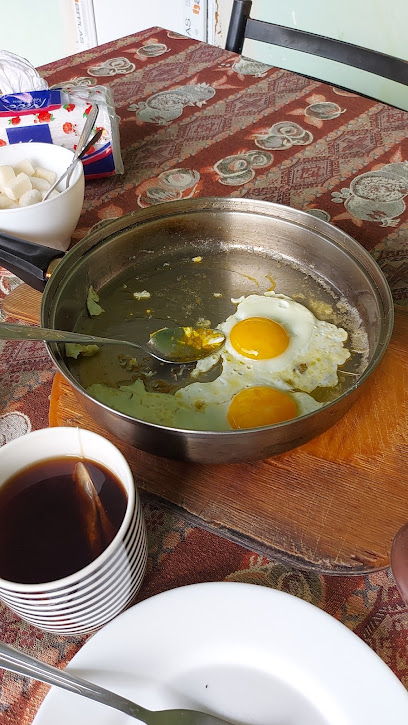
grocery store
Discover authentic Armenian flavors and local specialties at Areni's charming grocery store, a must-visit for every traveler.
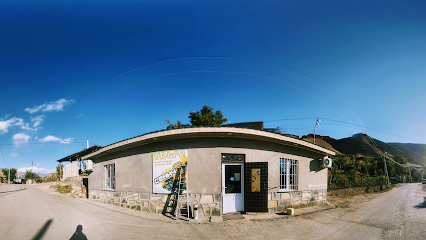
RIND store
Discover the best local flavors and essentials at Rind's premier supermarket, RIND store, where quality meets convenience.
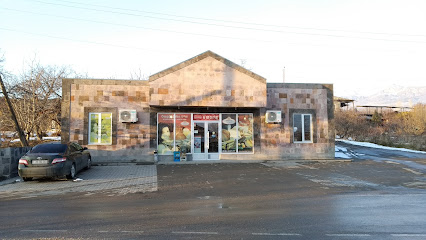
Vachik-jan Market | Магазин Продуктов
Explore authentic Armenian flavors at Vachik-jan Market, a vibrant grocery store in Yeghegnadzor filled with local produce and unique delicacies.
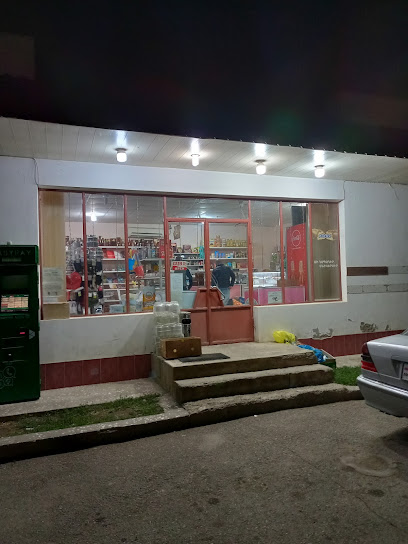
Essential bars & hidden hideouts
Wine House Mher
Experience the rich flavors of Armenian cuisine and exceptional local wines at Wine House Mher, the perfect stop for food and wine lovers in Areni.
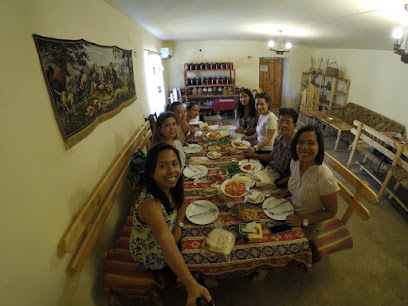
Arpeni Tavern
Discover the charm of Areni at Arpeni Tavern, a local wine bar offering stunning river views and authentic Armenian flavors.
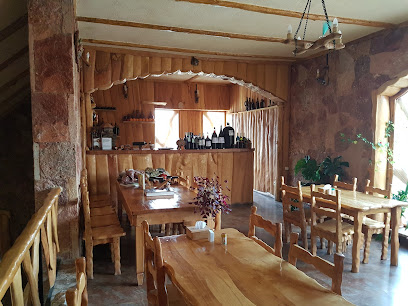
Ar Areni Restaurant
Experience the rich flavors of Armenian cuisine at Ar Areni Restaurant, a charming spot in Areni celebrated for its traditional dishes and local wines.
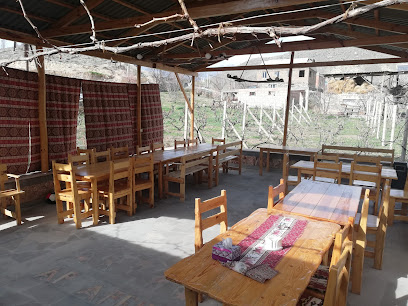
ArpaParnas Wine & Rest Valley
Explore the enchanting ArpaParnas Wine & Rest Valley, where exquisite wines and delightful cuisine meet breathtaking natural beauty in Areni, Armenia.
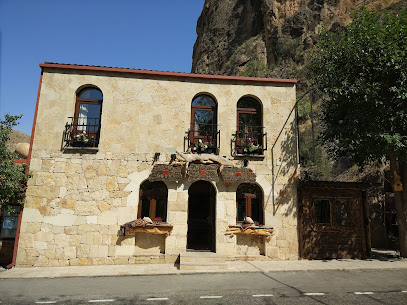
Nazaryans' House
Experience authentic Armenian flavors at Nazaryans' House in Areni, where every dish tells a story and every meal is a celebration of local culture.
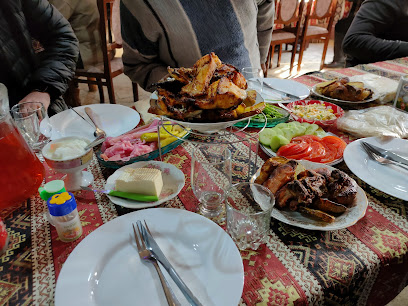
Домашнее вкусное вино у Айка
Experience the rich flavors of Armenian homemade wine in the charming village of Areni at Айка's Homemade Wine.
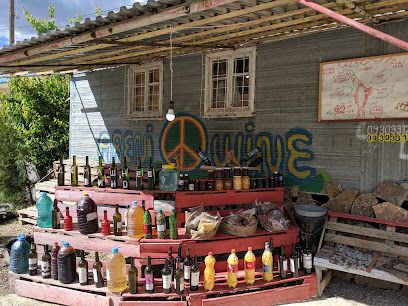
Vardges' Stone Bar
Experience the charm of Vardges' Stone Bar, a uniquely carved bar in the heart of nature, near the breathtaking Noravank Monastery.
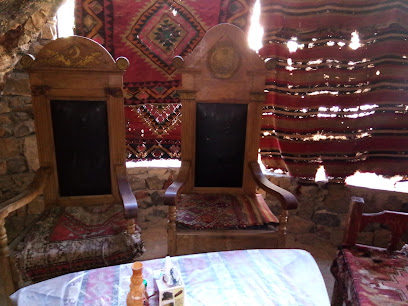
Wine House Areni Cave
Discover the exquisite flavors of Armenia at Wine House Areni Cave, where local cuisine meets breathtaking views in the heart of wine country.
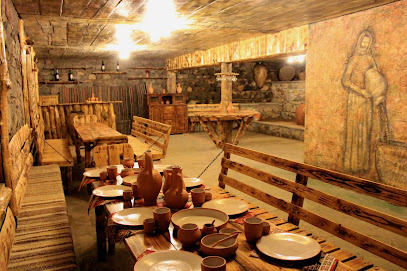
Noravank Hatsatun
Discover the flavors of Armenia at Noravank Hatsatun, where culinary traditions meet stunning landscapes for an unforgettable dining experience.
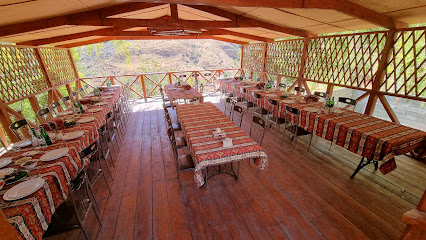
Qarap
Discover Qarap, a delightful restaurant offering authentic Armenian cuisine near a beautiful river, perfect for your culinary adventures.
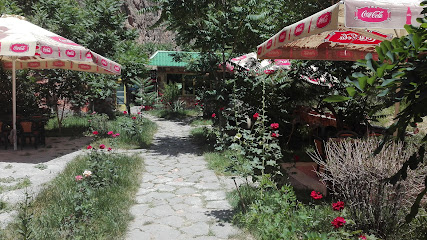
Arpa cafe
Discover the flavors of Armenia at Arpa Cafe in Areni, where local cuisine meets a cozy atmosphere.

Սրճարան Ռայ
Experience the warmth and charm of Սրճարան Ռայ in Yeghegnadzor – a perfect lounge for relaxation and local flavors.

Bardiner Restaurant
Discover the authentic flavors of Armenia at Bardiner Restaurant in Getap, where every meal is a celebration of local culinary heritage.
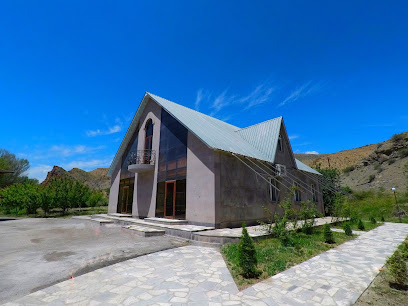
Вино доашнее
Experience the essence of Armenian wine culture at Вино доашное in Areni, where every sip tells a story.

Local Phrases about Noravank Monastery
-
- HelloԲարև
[Barev] - GoodbyeՑտեսություն
[Ts'tesut'un] - YesԱյո
[Ayo] - NoՈչ
[Voč] - Please/You're welcomeԽնդրում եմ/Կարիք չկա
[Khndrum em/Karik' chk'a] - Thank youՇնորհակալ եմ
[Shnorhakal em] - Excuse me/SorryՆերքևում եմ
[Nerk'eowm em] - How are you?Ինչ կարծիք ունես?
[Inch kartsik unes?] - Fine. And you?Լավ եմ. Այսօր?
[Lav em. Aysor?] - Do you speak English?Դուք թերի խոսում եք?
[Duk' t'er k'osum ek?] - I don't understandԵս չեմ հասկանում
[Yes chem haskanum]
- HelloԲարև
-
- I'd like to see the menu, pleaseԽնդրում եմ դիտել ճաշ
[Khndrum em ditel ch'ash] - I don't eat meatԵս միս չուշածու եմ
[Yes mis ch'ushatsu em] - Cheers!Կէմէն!
[Kemén] - I would like to pay, pleaseԽնդրում եմ վճարել
[Khndrum em vchar'el]
- I'd like to see the menu, pleaseԽնդրում եմ դիտել ճաշ
-
- Help!Օգնք!
[Ognk!] - Go away!Տարածք!
[Taratsk!] - Call the Police!Դիմեք ողջ ուղեղագրությունը!
[Dimek' voghj ughëghagrut'yunë] - Call a doctor!Դիմեք բժշկին!
[Dimek' bžškin] - I'm lostԵս կորցրամ
[Yes kortsr'am] - I'm illԵս առյուծ եմ
[Yes aryuts em]
- Help!Օգնք!
-
- I'd like to buy...Խնդրում եմ գնել
[Khndrum em gnel] - I'm just lookingԵս միայն տեսնում եմ
[Yes miayn tesnum em] - How much is it?Քանի է դիմացումը?
[Qani e dimats'umy?] - That's too expensiveԱյդպիսին արդեն մեծ է
[Aybpisin arden med e] - Can you lower the price?Կարեւորել կարիերանը
[Karewor'el karieryanë]
- I'd like to buy...Խնդրում եմ գնել
-
- What time is it?Տեսական ժամ է այն?
[Tesakan zam e ayn?] - It's one o'clockՄեկը ժամ է
[Mek'y zam e] - Half past (10)Կյանք է (10)
[Kyank' e (10)] - MorningԱռավոտ
[Aravot] - AfternoonԿեսօր
[Kes'or] - EveningԵրեկ
[Erek] - YesterdayԵրեկո
[Ereko] - TodayԱյսօր
[Aysor] - TomorrowՎաղը
[Vak'y] - 1մեկ
[mek] - 2երկու
[erku] - 3երեք
[ereq] - 4չորս
[ch'ors] - 5հինգ
[hing] - 6վեց
[vecs] - 7յոթ
[yot'] - 8ութ
[ut'] - 9ինը
[inë] - 10տաս
[tas]
- What time is it?Տեսական ժամ է այն?
-
- Where's a/the...?Որտեղ է...
[Vort'egh e...] - What's the address?Ինչ է հասցեն?
[Inch e hasc'en?] - Can you show me (on the map)?Կարող ե՞ք ցուցադրել (քարտեզում)
[Karowq e? Ts'uts'adrel (kart'ezum)] - When's the next (bus)?Երբ է հաջորդը (ավտոբուսը)?
[Yerbe e hajordë (avtobusë)?] - A ticket (to ....)Բիլետ (մինչկանացնել ...)
[Bilet (mink'anats'nel ...)]
- Where's a/the...?Որտեղ է...
History of Noravank Monastery
-
Noravank Monastery was founded in 1105 by Bishop Hovhannes, a significant figure in medieval Armenia. The monastery quickly became a center for religious and cultural activities in the region, attracting scholars and artists.
-
The monastery is renowned for its stunning architecture, particularly the Surb Astvatsatsin Church, also known as the Holy Mother of God Church, built in 1339 by the celebrated architect Momik. The two-story structure features intricate carvings and serves as a prime example of medieval Armenian architecture.
-
Noravank gained prominence under the patronage of the Orbelyan family, a powerful noble dynasty in medieval Armenia. They funded the construction of various buildings within the monastery complex and ensured its status as a religious and academic hub. The family's tombs are also located within the monastery grounds.
-
Throughout the 13th and 14th centuries, Noravank Monastery became a vital center for education and manuscript production. Scholars and scribes from across Armenia gathered here to study theology, science, and the arts. Many valuable manuscripts were produced and preserved within its walls.
-
Despite numerous invasions and natural disasters, Noravank Monastery has survived through the centuries. The monastery's remote location in a narrow gorge protected it from many of the region's conflicts, allowing it to remain a sanctuary for spiritual and cultural preservation.
-
In the 20th and 21st centuries, significant restoration efforts have been undertaken to preserve Noravank Monastery. Today, it stands not only as a testament to Armenia's rich history and architectural prowess but also as a major tourist attraction, drawing visitors from around the world to explore its storied past and breathtaking surroundings.
Noravank Monastery Essentials
-
Noravank Monastery is located in the Vayots Dzor Province of Armenia, approximately 122 kilometers from Yerevan, the capital city. The nearest international airport is Zvartnots International Airport in Yerevan. From Yerevan, you can take a taxi, rent a car, or use a guided tour service to reach Noravank. The journey typically takes around 2 to 3 hours by road. Public transportation options include taking a bus or minibus (marshrutka) from Yerevan to the town of Areni, followed by a taxi to the monastery.
-
While public transport options are available, renting a car offers the most flexibility for exploring Noravank and the surrounding areas. Taxis are also an option, but can be more expensive for longer journeys. For those preferring public transport, minibuses (marshrutkas) from Yerevan to Areni are available, from where you can hire a local taxi to the monastery. Guided tours from Yerevan often include transportation and are a convenient option for visitors wanting an organized experience.
-
The official currency in Armenia is the Armenian Dram (AMD). While credit cards are accepted in some hotels, restaurants, and shops in larger cities, it is advisable to carry cash, especially when traveling to rural areas like Noravank. ATMs are available in Yerevan, but may not be as readily accessible in remote areas. It is wise to withdraw sufficient cash before leaving the capital.
-
Noravank Monastery and the surrounding area are generally safe for tourists. However, it is always advisable to take standard precautions such as not leaving your belongings unattended and avoiding isolated areas after dark. There are no specific high-crime areas targeting tourists, but remaining vigilant and aware of your surroundings is always a good practice.
-
In case of emergency, dial 911 for immediate assistance. While Noravank itself does not have a local police station or medical facility, the nearby town of Yeghegnadzor, approximately 30 kilometers away, has both. It is recommended to have travel insurance that covers medical emergencies. For minor health issues, pharmacies are available in Yeghegnadzor where you can purchase over-the-counter medications.
-
Fashion: Do dress modestly, especially when visiting religious sites. Avoid wearing revealing clothing. Religion: Do respect local customs and traditions. Always cover your head when entering churches and monasteries. Public Transport: Do be respectful and give up your seat to elderly passengers. Don't eat or drink on public transport. Greetings: Do greet people with a handshake. A slight bow of the head is also a sign of respect. Eating & Drinking: Do try local delicacies and accept food offerings graciously. Don't refuse hospitality, as it is considered impolite.
-
To experience Noravank like a local, consider visiting during the off-peak seasons to avoid large tourist crowds. Engage with local guides who can offer in-depth knowledge about the history and significance of the monastery. Don't miss the chance to explore the surrounding natural beauty, including the stunning Amaghu Valley. For a unique experience, visit the nearby Areni Cave, known for its ancient winery and archaeological finds.
Nearby Cities to Noravank Monastery
-
Things To Do in Jermuk
-
Things To Do in Yerevan
-
Things To Do in Goris
-
Things To Do in Tsaghkadzor
-
Things To Do in Kapan
-
Things To Do in Dilijan
-
Things To Do in Aparan
-
Things To Do in Vanadzor
-
Things To Do in Ganja
-
Things To Do in Haghpat
-
Things To Do in Alaverdi
-
Things To Do in Gyumri
-
Things To Do in Yevlakh
-
Things To Do in Mingachevir
-
Things To Do in Signagi








